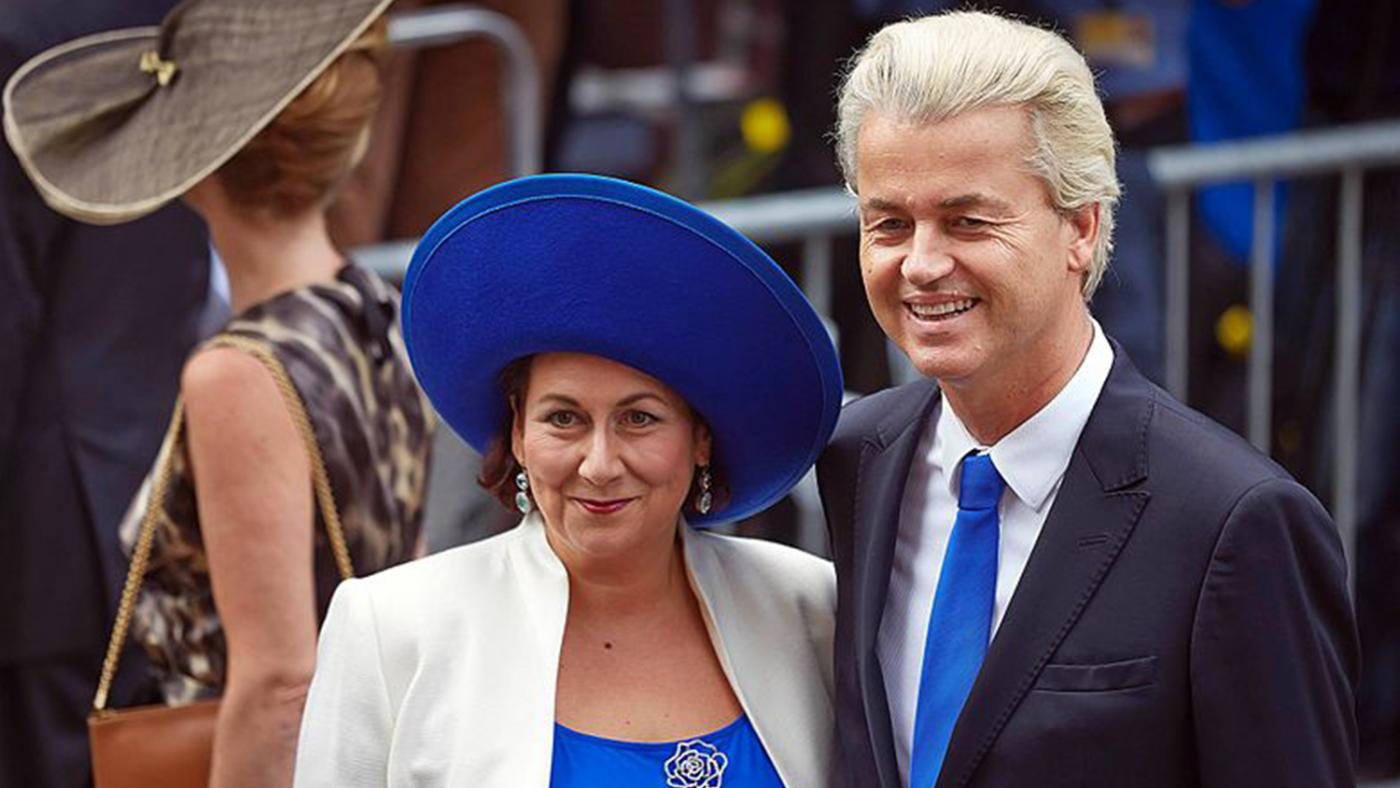The consequences for higher education
Dutch cabinet falls

After a series of political crises, the Dutch cabinet has fallen after just one year in power. The Dutch will go to the polls again this autumn.
Dutch universities hope that the politicians in a new cabinet will allocate more funds for education and research. According to their umbrella organisation, UNL, the consequences of the drastic budget cuts imposed by the fallen cabinet are already visible: 'Redundancies, discontinued courses and research coming to a standstill.'
Reacting to the cabinet collapse, UNL said in a statement that it is essential that politicians reverse the destructive policy implemented by the current cabinet before it is too late.
The national student union, LSVb, echoes this sentiment. It hopes that the cabinet collapse ’marks the end of terrible austerity measures'. It also hopes that the next cabinet will invest in education, increase the basic student grant and provide enough affordable student housing.
The question is whether the higher education sector will get its way and, if so, when.
Eppo Bruins is staying put
The cabinet itself will not change in the coming months. It will act in a caretaker capacity. The ministers affiliated with PVV are stepping down, but the Minister of Education, Eppo Bruins, who is part of the NSC party, will remain in his role and is likely to stay until a successor takes over, which could easily take a year. The previous cabinet (in which the Minister of Education was Robbert Dijkgraaf) remained in office for 361 days before Prime Minister Dick Schoof's team took office. The previous cabinet (Mark Rutte's third term, with Ingrid van Engelshoven as the Minister of Education) was in caretaker mode for 360 days.
Budget cuts
The cabinet collapse does not make the massive budget cuts in education and research disappear. After all, they have already been approved by the Senate thanks to a deal between the coalition and the parties CDA, ChristenUnie, SGP and JA21.
Something can only change in September, when a new national budget will be presented, but a caretaker cabinet rarely ever changes course, especially in the fields of education and research. Additional funds for the sector can only come in 2027 at the earliest, under the responsibility of a new minister.
Election promises
Meanwhile, the campaigns are in full swing. Opposition parties such as D66, GroenLinks-PvdA and Volt would like to spend more money on education and research. In fact, that is one of their main priorities. Other parties are less convinced that higher education and research need more funds. It will be difficult to gauge what these parties want.
Next cabinet
Who will form the next coalition? PVV will probably end up in the opposition again. In the polls, NSC is crumbling from twenty seats to about two seats. The farmers' party, BBB, is going from seven to about three. We can write them off for the time being.
The only party in the coalition that is gaining ground is VVD, which, according to the polls, should go from 25 to around 30 seats. The left-wing parties GroenLinks-PvdA, CDA and D66 are also rising in the polls. Assuming these parties end up in a coalition government, it is hard to know what they will do in terms of education and research. CDA wanted to reduce spending on this area by about the same amount as the current cabinet, while D66 and GroenLinks-PvdA would like to invest in it.
A compromise would be to invest more money, but only in fields seen as "economically useful" or in research for the Ministry of Defence. One can already see the political battle coming, and the Humanities suffering as a result.
Students
The student movement has recently emerged as an important player in politics. They prevented the introduction of fines for students who take longer than usual to graduate, and fought hard for the basic student grant to be brought back.
The National Student Union is already warming up for the campaign. It wants the basic student grant to be increased and enough affordable student housing to be provided, two election promises that parties are easily tempted to make.
Internationalisation
What about the influx of foreign students and researchers? Now that PVV is focusing on what it deems an “asylum problem” and NSC has been marginalised, it seems unlikely that foreign students will be an important topic in the elections.
Moreover, a bill aiming to bring “balance” internationalisation is ready to be introduced. Now that the cabinet has fallen, the House of Representatives can declare certain bills controversial, which means that they can postpone them until elections are held or until a new cabinet is in place. It is unlikely that they will shelf the "Internationalisation in Balance" bill.
The most controversial part of that bill has just been scrapped. The current cabinet wanted to subject all English-taught Bachelor's programmes to a test to verify whether they needed to be taught in English. The possibility of such a language test made universities and universities of applied sciences uneasy, and a large majority of the House of Representatives ended up voting to scrap it.
Other parts of the bill are supported by many. For example, institutions will have more options for managing the influx of international students into their programmes, something they had been asking for years.
In short
Things will barely change in the short term. The austerity measures will go ahead, and most of the bills will probably be passed. The Minister of Education will also remain in office.
The elections are an opportunity to reverse the budget cuts, but it is by no means certain that this will happen. On the other hand, it seems unlikely that a new government would impose even harsher budget cuts on education and research.